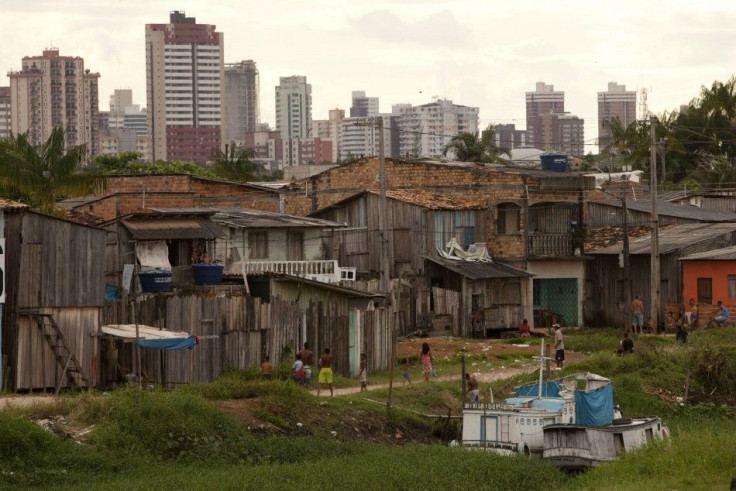Brazil Seeks To Eradicate Extreme Poverty By 2014

The president of Brazil Dilma Rousseff has introduced a program to eliminate extreme poverty in her country by 2014, as she had promised during her campaign last year.
“Fighting poverty is a government duty and a task for all Brazilians,” she said in a statement at the presidential palace.
“We cannot forget that the most challenging crisis, the biggest and most distressing problem in this country, is chronic poverty. I will fight to eradicate poverty for good.
Under the so-called Brazil Without Poverty plan, the government will allocate about $12.5 billion dollars a year, with some additional social programs, according to Tereza Campello, the Social Development Minister. The program will reportedly connect existing income programs with access to public education, health, welfare, sanitation, electricity and access to labor.
We want to guarantee income, access to public services, education, health and decent living conditions. The government has an obligation to go where the poor are, Campello said.
Rouseff’s plans are actually an extension of poverty-alleviation efforts by her predecessor Luiz Inacio Lula da Silva, who was credited with lifting almost 30-million Brazilians out of poverty during his eight-year term and moving 36-million into the middle class.
Brazil, one of the crown jewels of the emerging markets, is one of the fastest growing economies on earth.
The Brazilian government classifies people are living in “extreme poverty” if they have an income of less than $44 per month. According to reports, in this vast country of some 200-million people, about 16.2-million are believed to live in extreme poverty.
Agence France Presse reported that 71 percent of Brazilians who are in “extreme poverty” are black. Moreover, half of the poor are below the age of 19 and nearly 60 percent live in the historically impoverished northeastern parts of the country.
Separately, the World Bank will also loan Brazil up to $6-billion to support social welfare programs.
Robert Zoellick, president of the World Bank, said the funds will be used for education, infrastructure risk management and poverty reduction.
© Copyright IBTimes 2024. All rights reserved.





















